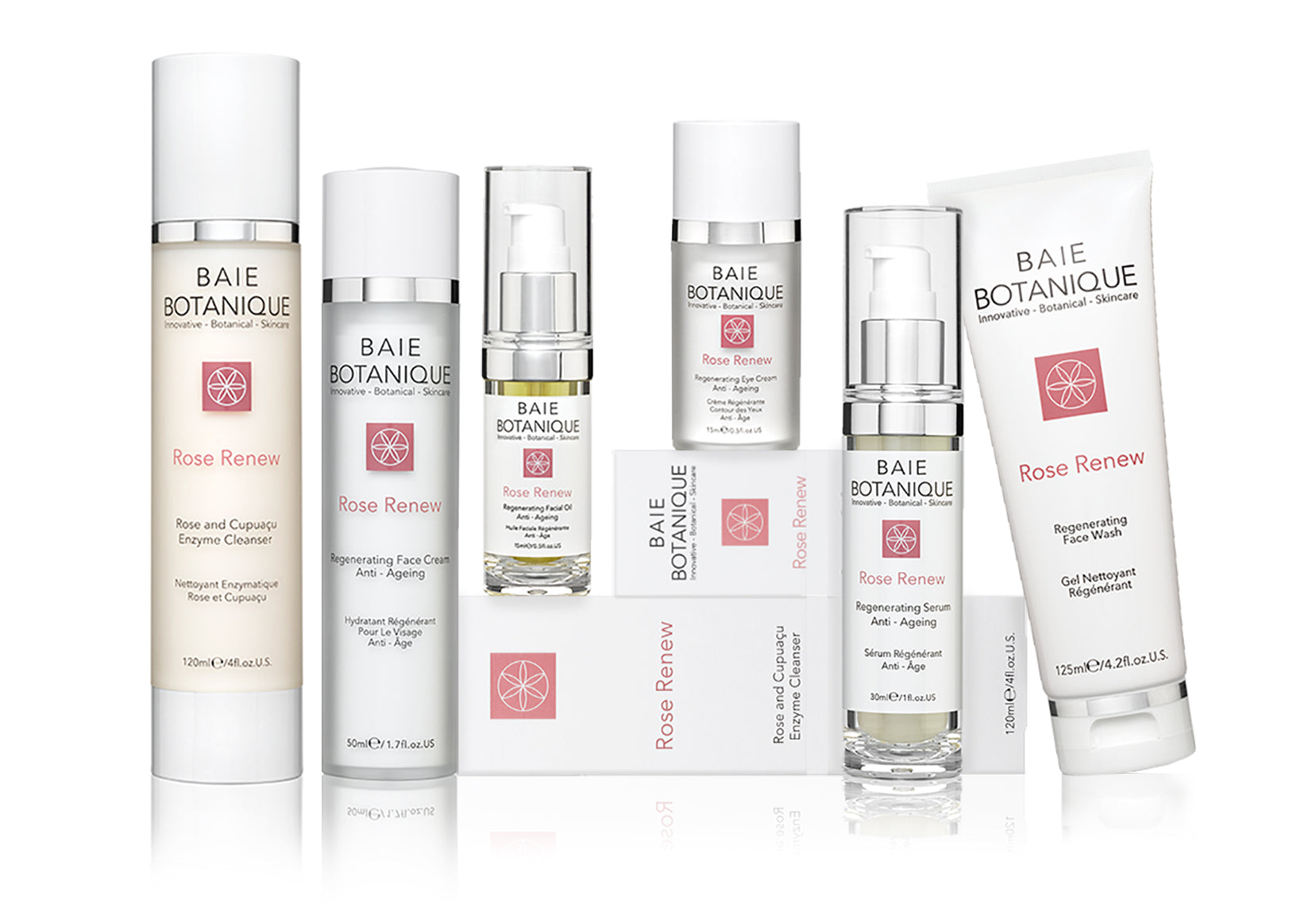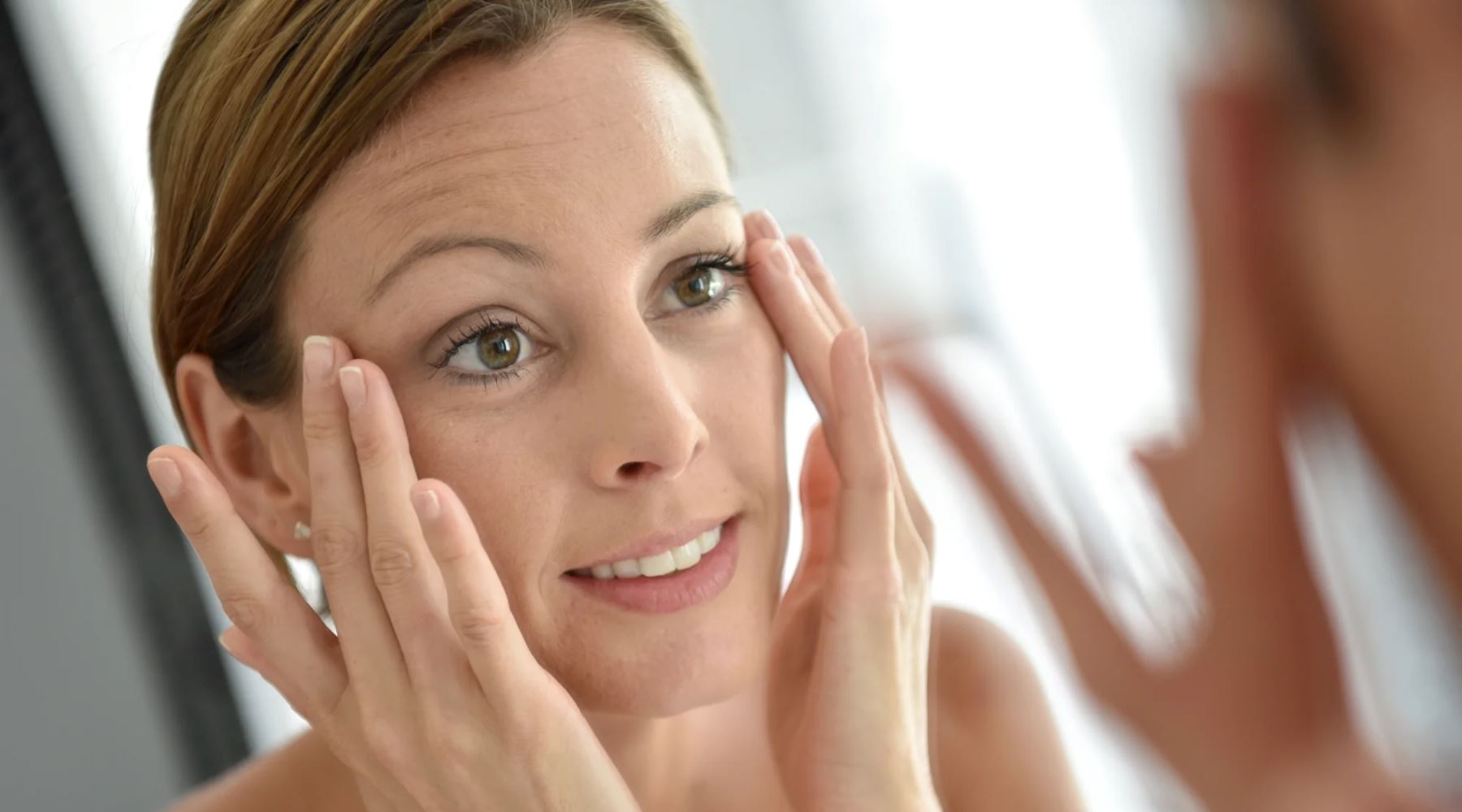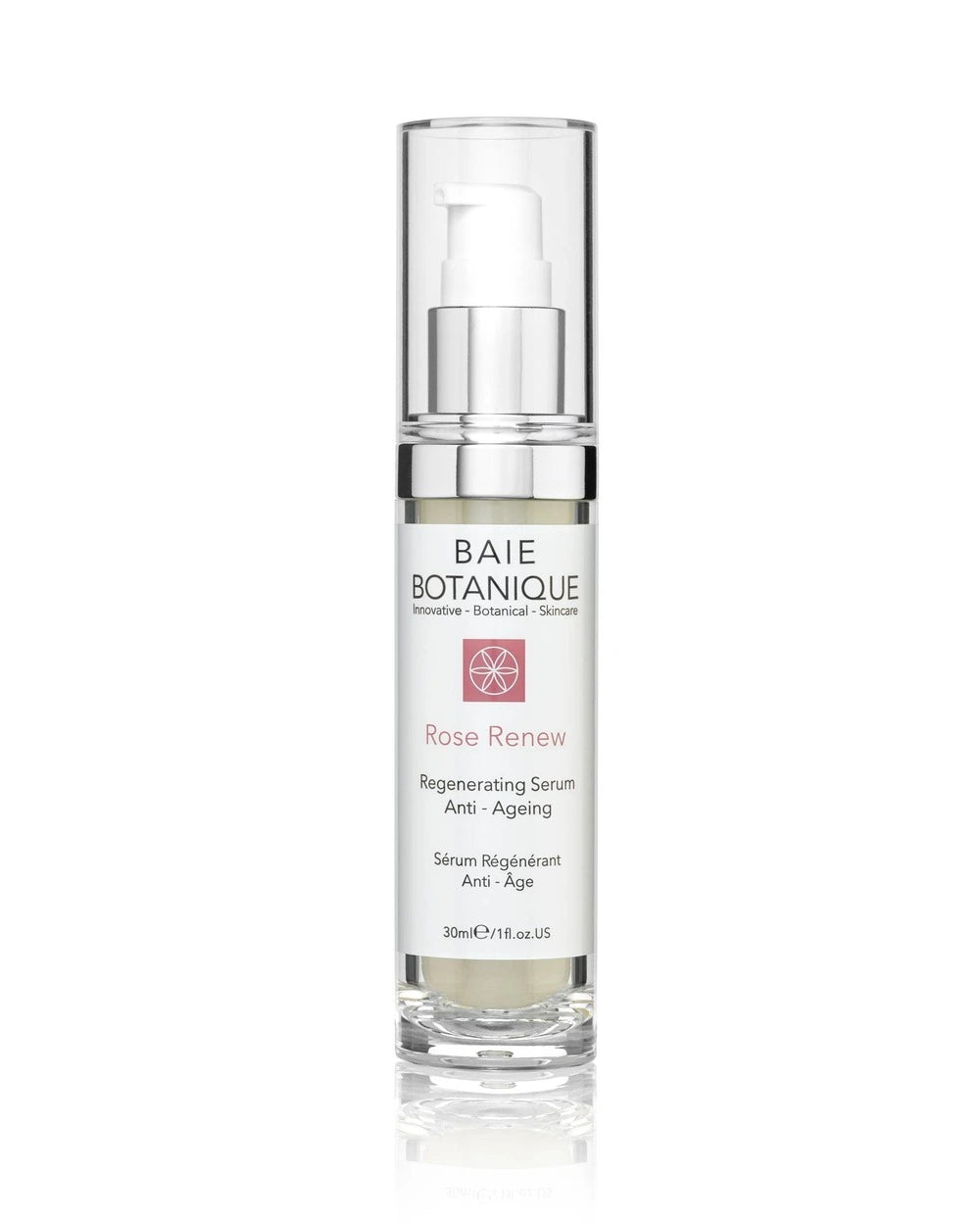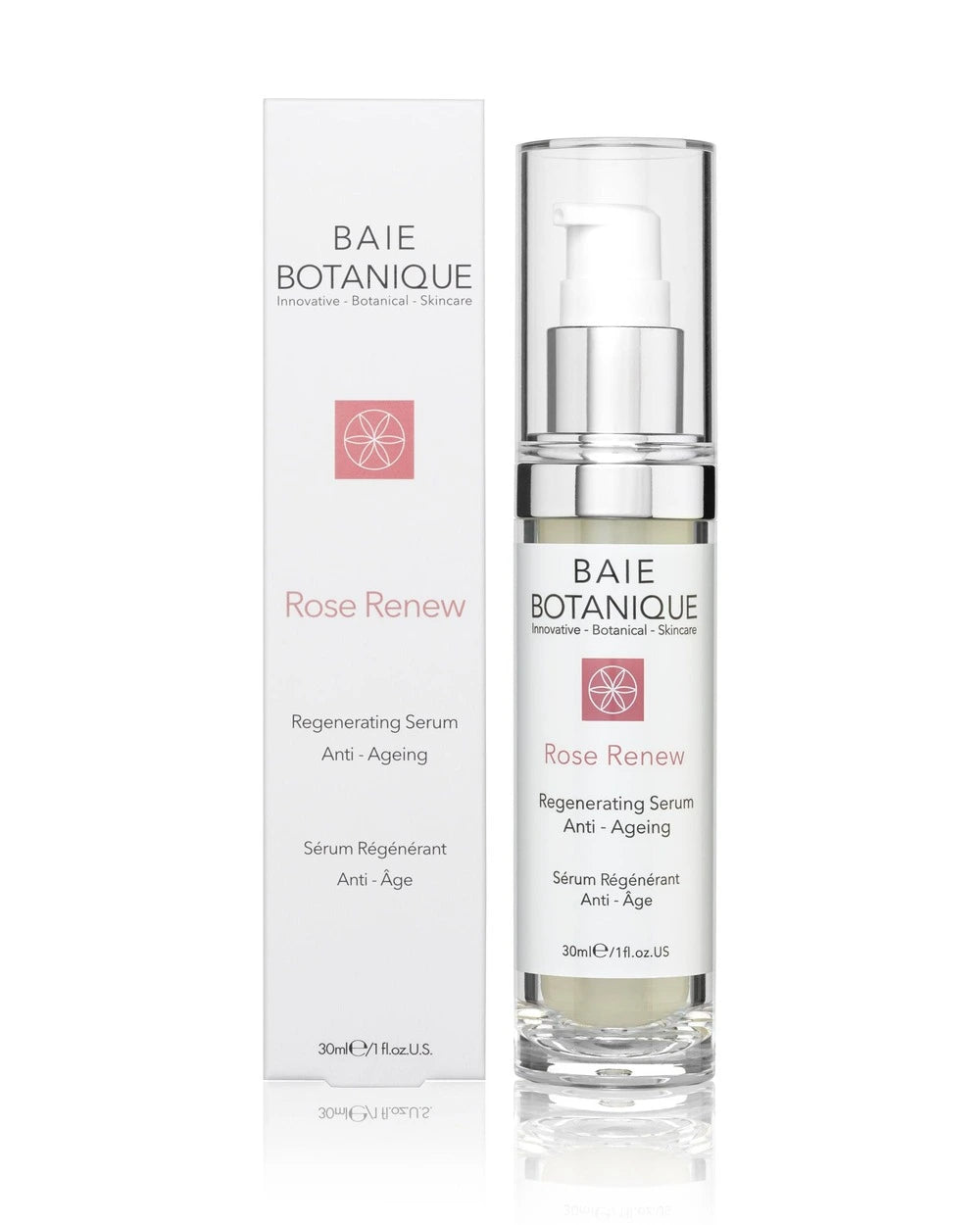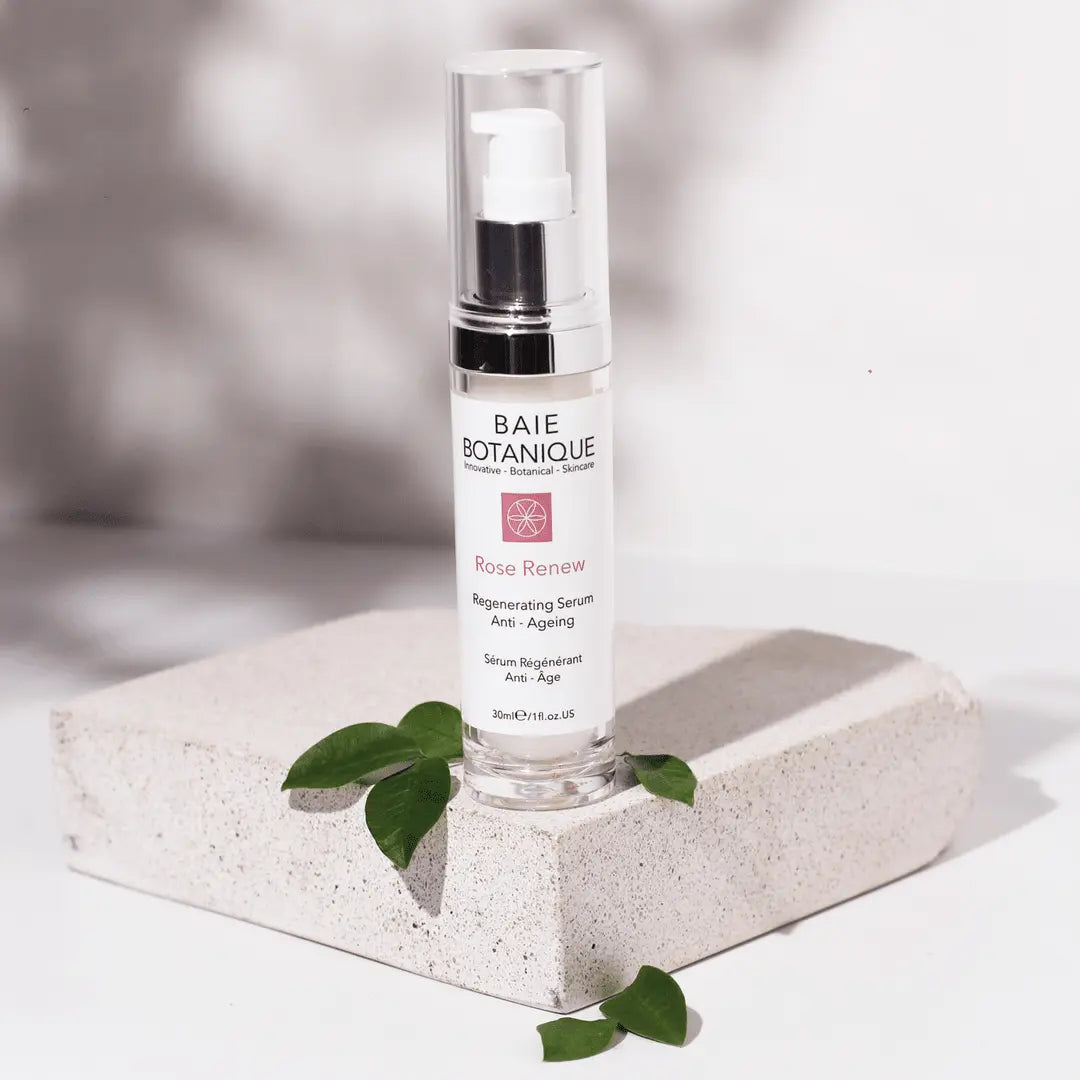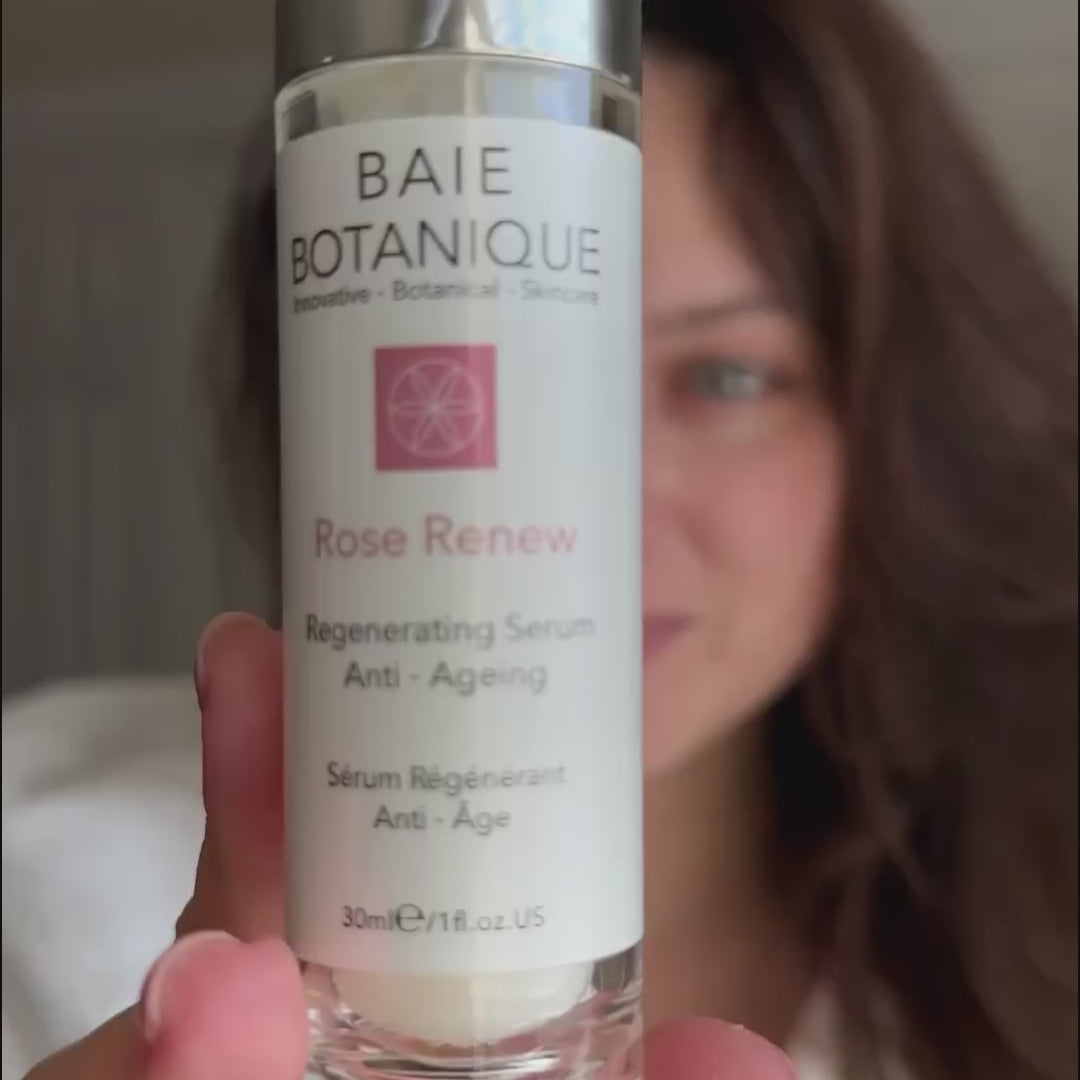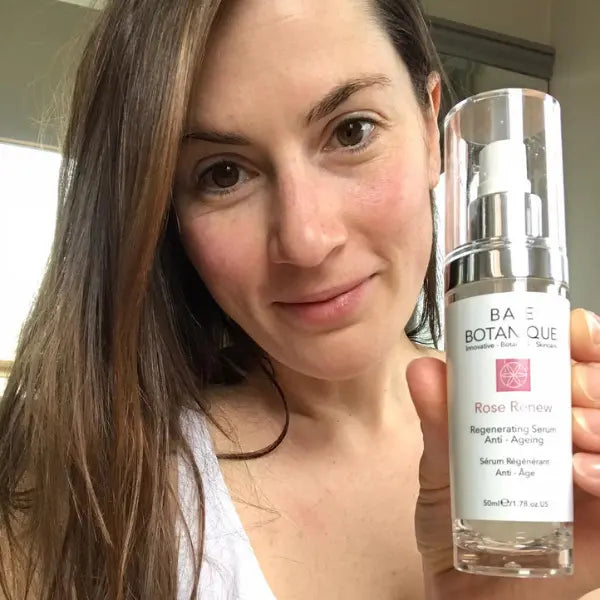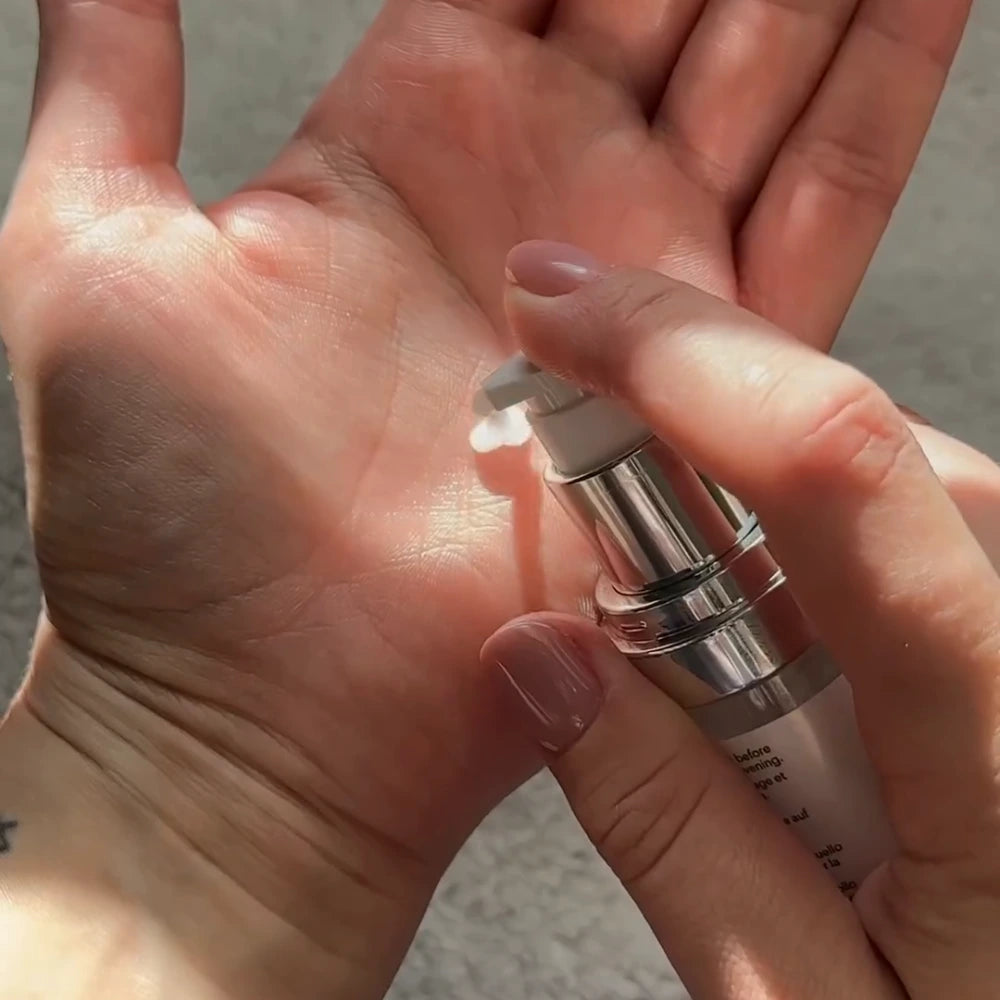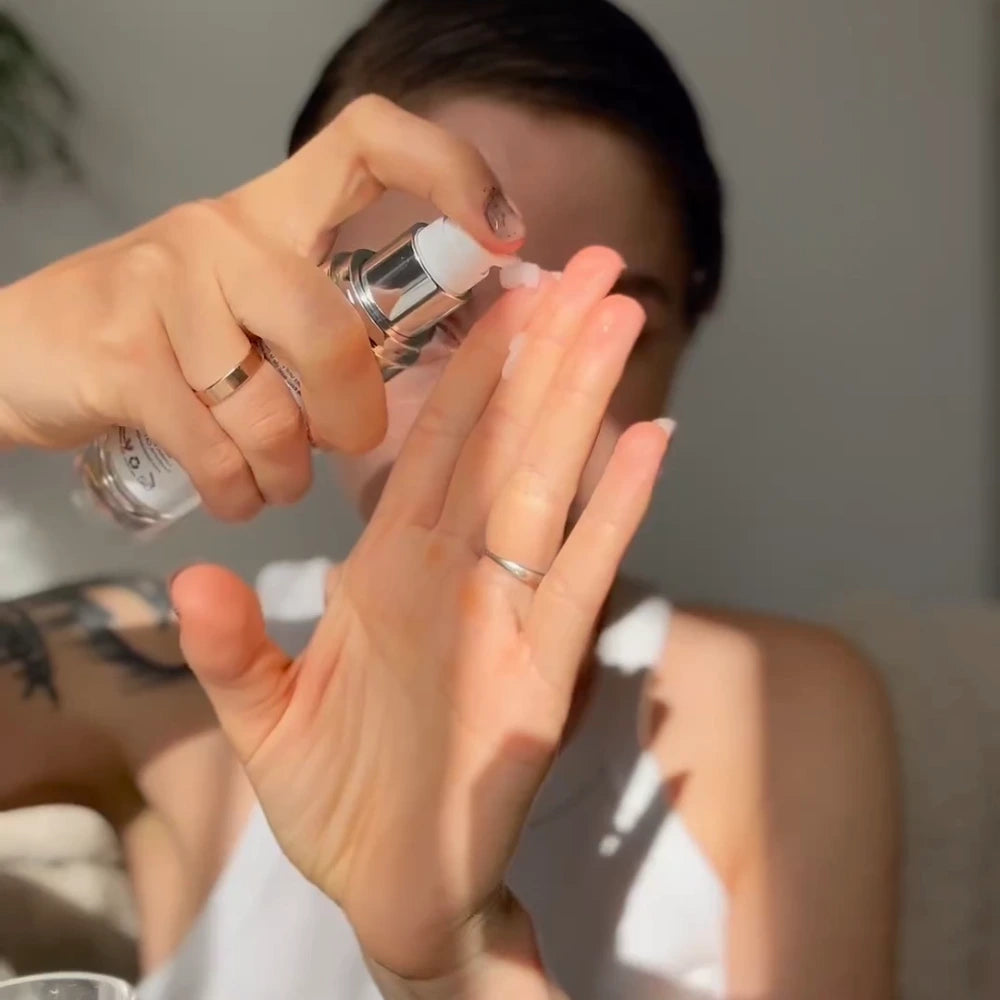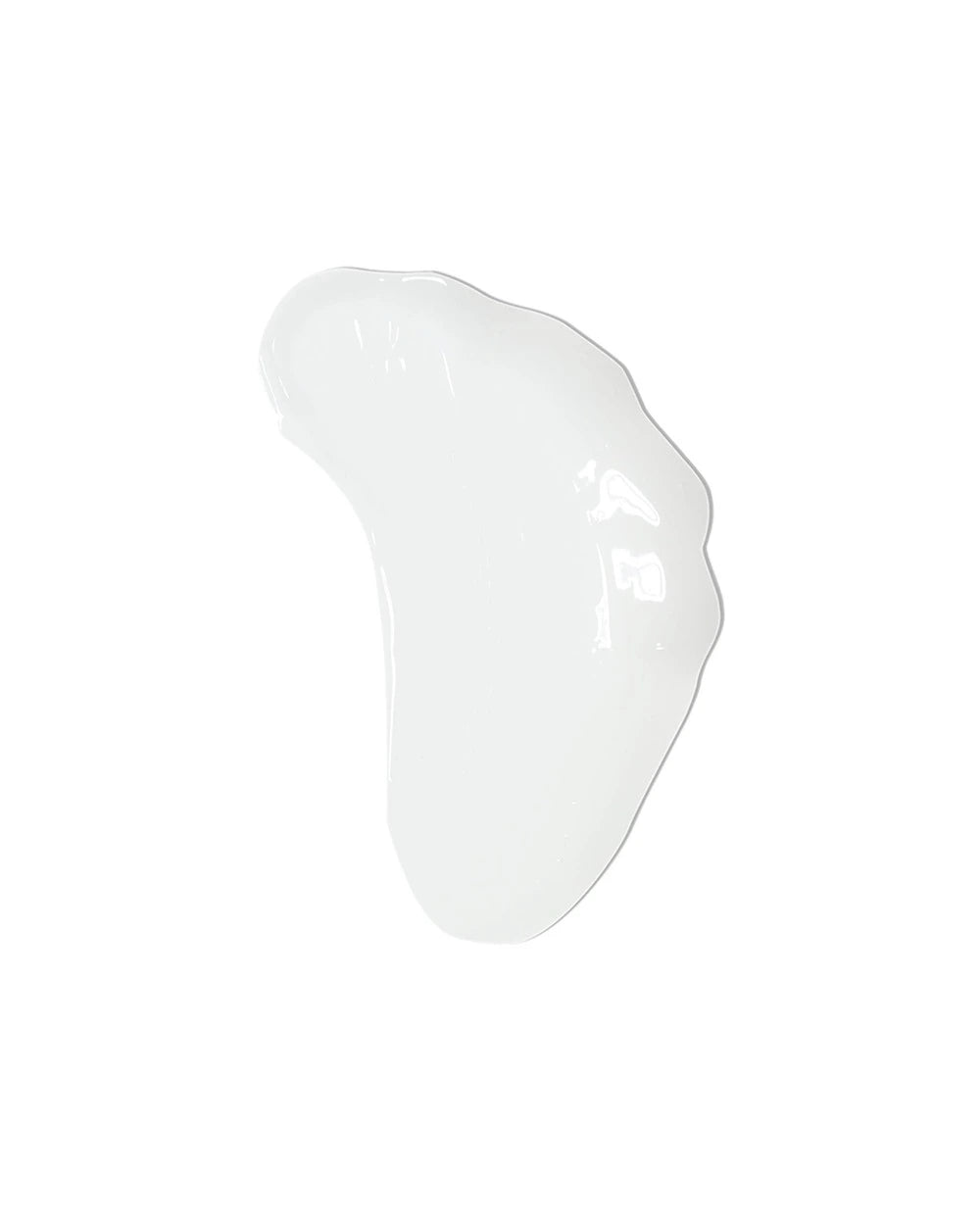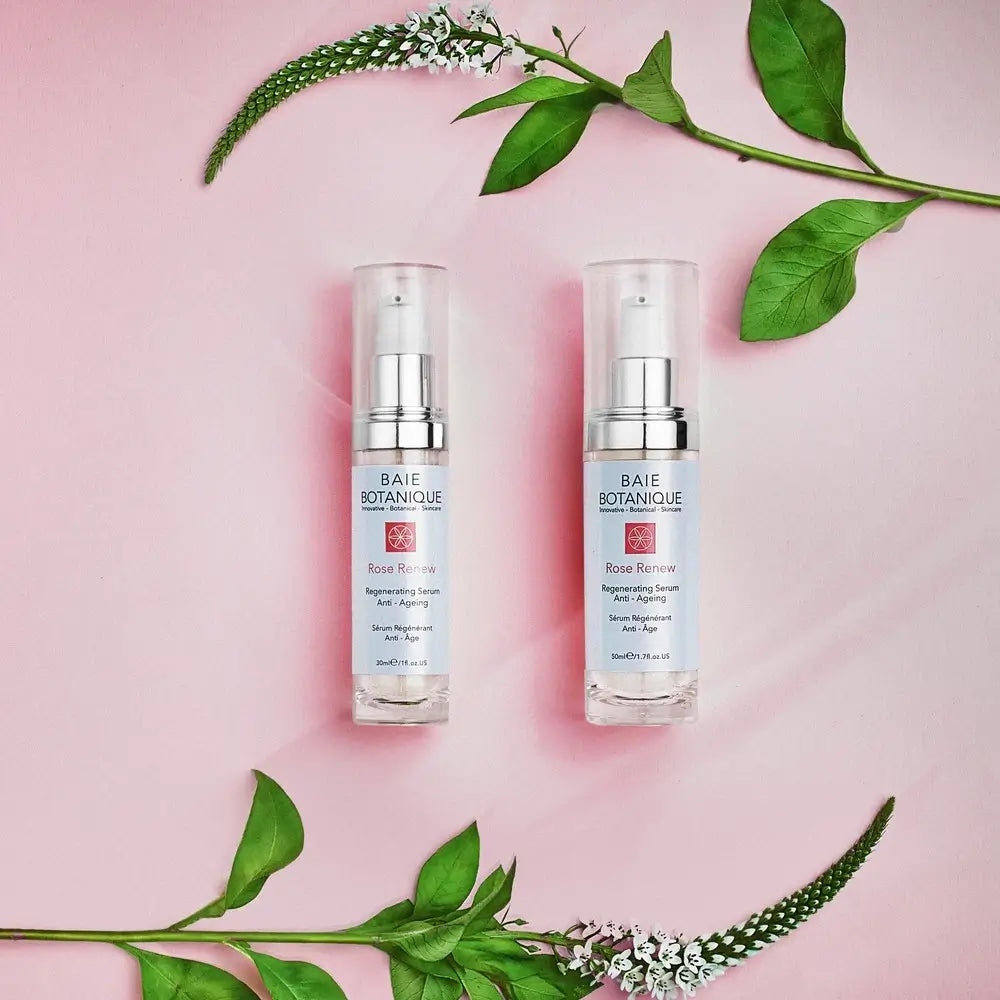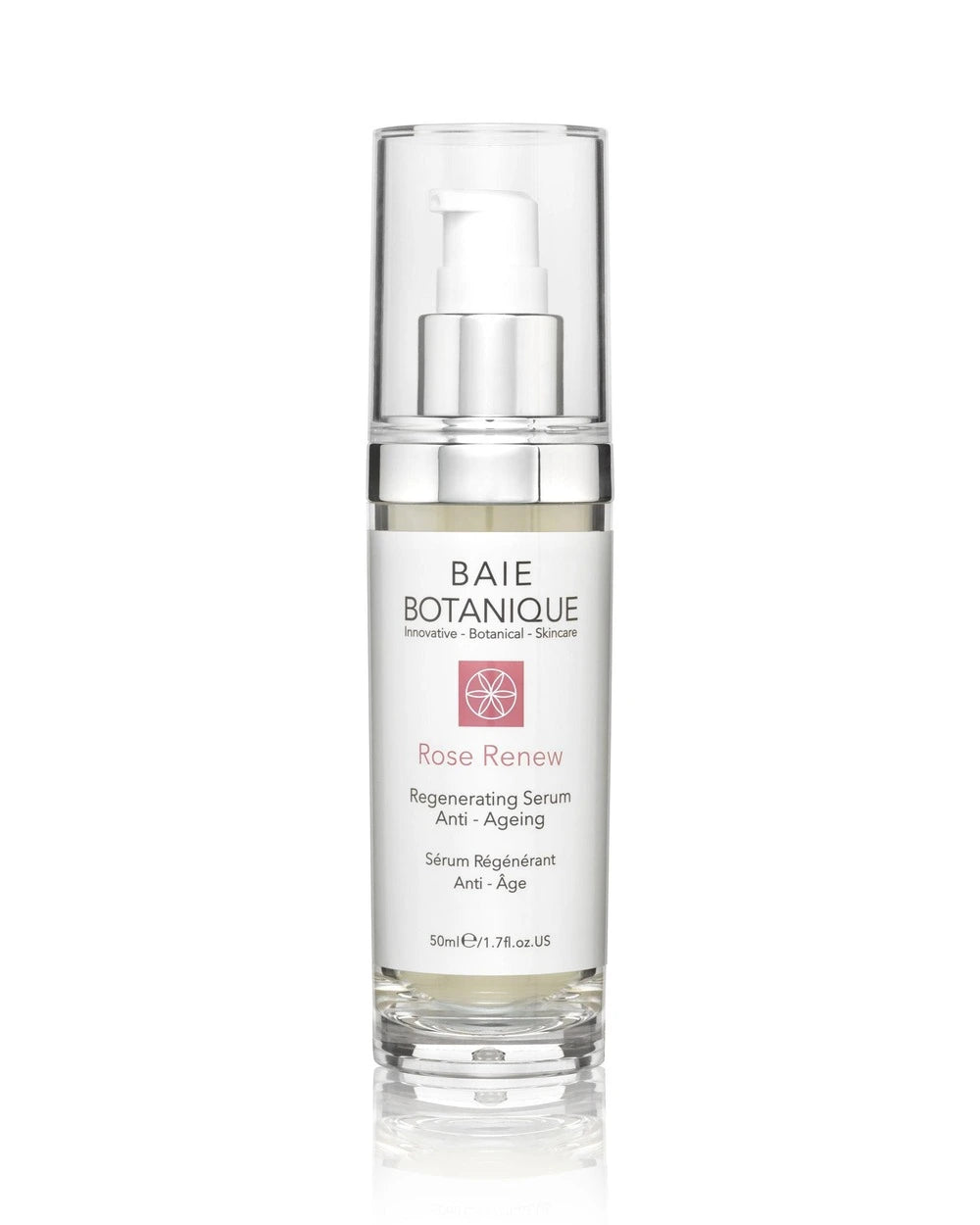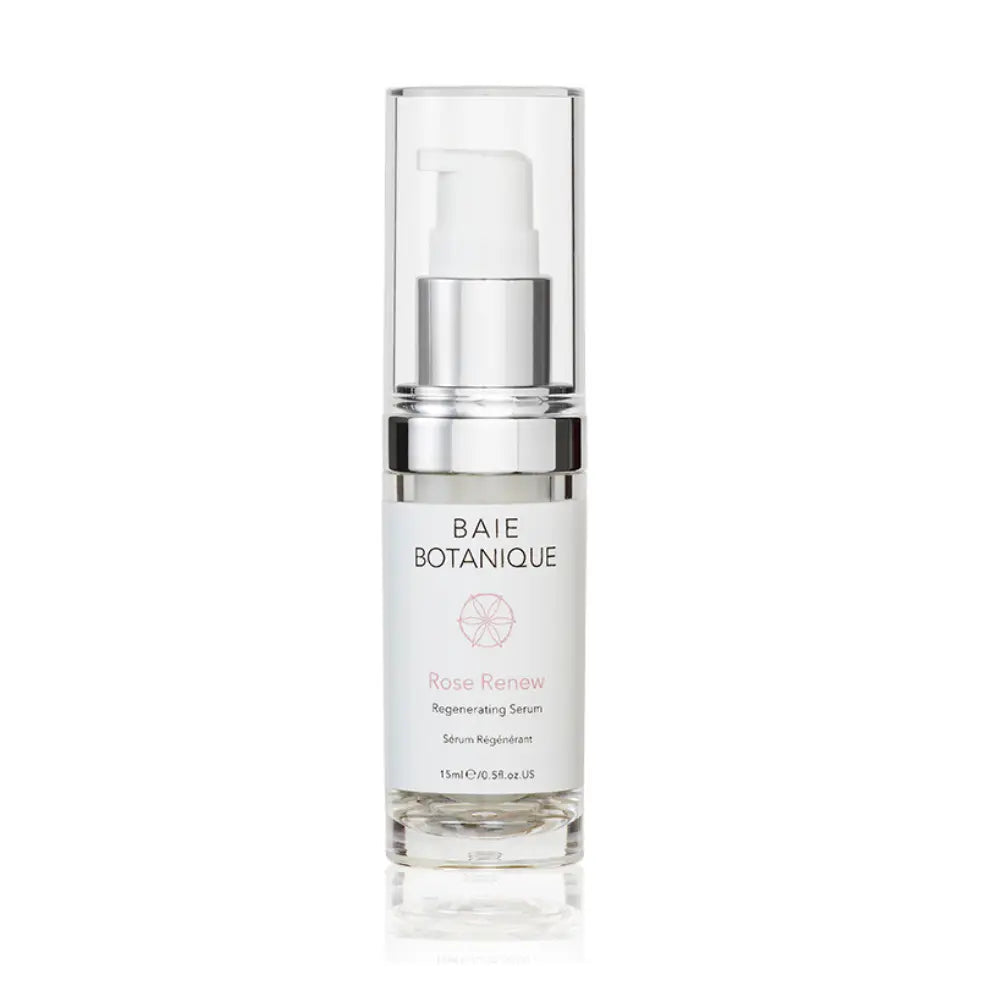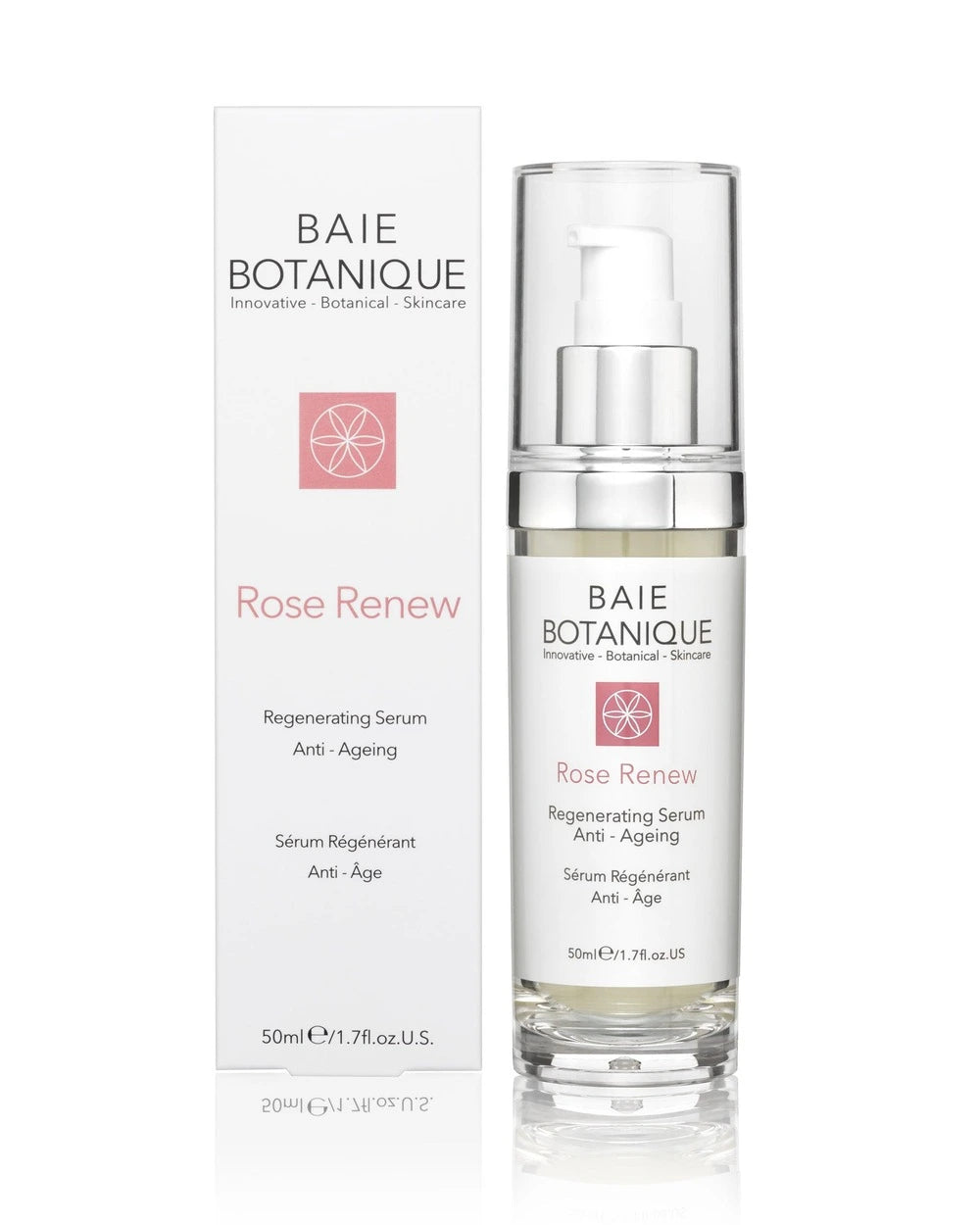#1 USE A NATURAL MOISTURISER
Daily moisturising is a great defense against dry skin. Applying a natural moisturiser after showering or using a gentle face wash helps seal the moisture that your skin has just absorbed. Depending on the climate, your skin can get dry throughout the day.
The face and hands typically get most dry, pay attention to how your hands and face feel throughout the day. Moisturise when needed.

#2 BE GENTLE WITH YOUR SKIN
LIMIT SHOWER TIME. Hot water in showers and baths removes oil from your skin. Long showers or baths can dry out the skin causing irritation. Shower in warm water rather than hot water. Try to reduce the amount of time in the shower.
AVOID HARSH SOAPS. Strong body wash and facial cleansers can strip away vital oil from your skin. Try using mild body wash and cleansers. Exfoliate to help reduce dark spots in the skin.
WASH FACE GENTLY. Be gentle with your face. Whether using a facial cleanser device or cloth, wash your face gently. Aggressively washing your face can damage the skin leaving scratches unseen to the eye.
AVOID USING A BAR SOAP. Soap bars often leave behind residue, which is associated with the ingredients used to keep the shape of the bar. The residue can worsen dry skin. Instead of a soap bar, try using a gentle or mild cleanser in liquid form. In addition, look for skin care products that are suitable for all skin types.
>VIEW OUR RANGE OF NATURAL CLEANSERS
#3 PROTECT YOUR SKIN FROM THE SUN
One of the most important ways to protect the skin is to protect it from the sun. Extensive sun exposure can cause wrinkles, age spots and more. Use an SPF daily with at least 10-15 SPF. This will prevent damage from UV rays. When outside for extended periods of time, wear a hat or look for shade. If swimming, apply sunscreen more often. Ensure you are using skincare to help protect from sun damage.
#4 EAT HEALTHILY
Ever hear the saying “You are what you eat”? A healthy diet can help you not just feel better but look better too. Eat plenty of fruits and vegetables. In addition, drink plenty of water. Water helps keep the skin hydrated and can help prevent dehydration of the skin.
#5 AVOID TOUCHING YOUR FACE
Throughout the day we touch countless things with different germs and chemicals. When we touch our face, these germs and chemicals can cause irritation to the skin. Be aware of how often you are touching your face. Try to limit the number of times you touch your face. Make an extra effort to wash your hands several times a day. Use an organic or plant-based face cream to help replenish and protect the skin from free radicals.
#6 SLEEP!
Not getting enough sleep can cause stress, which in turn leads to an increase in the body’s stress hormone cortisol. Increased levels of cortisol can lead to inflammation in the body which hurts the quality of your skin. Sleeping is the time your body uses to regenerate and recover from your day to day activities.

